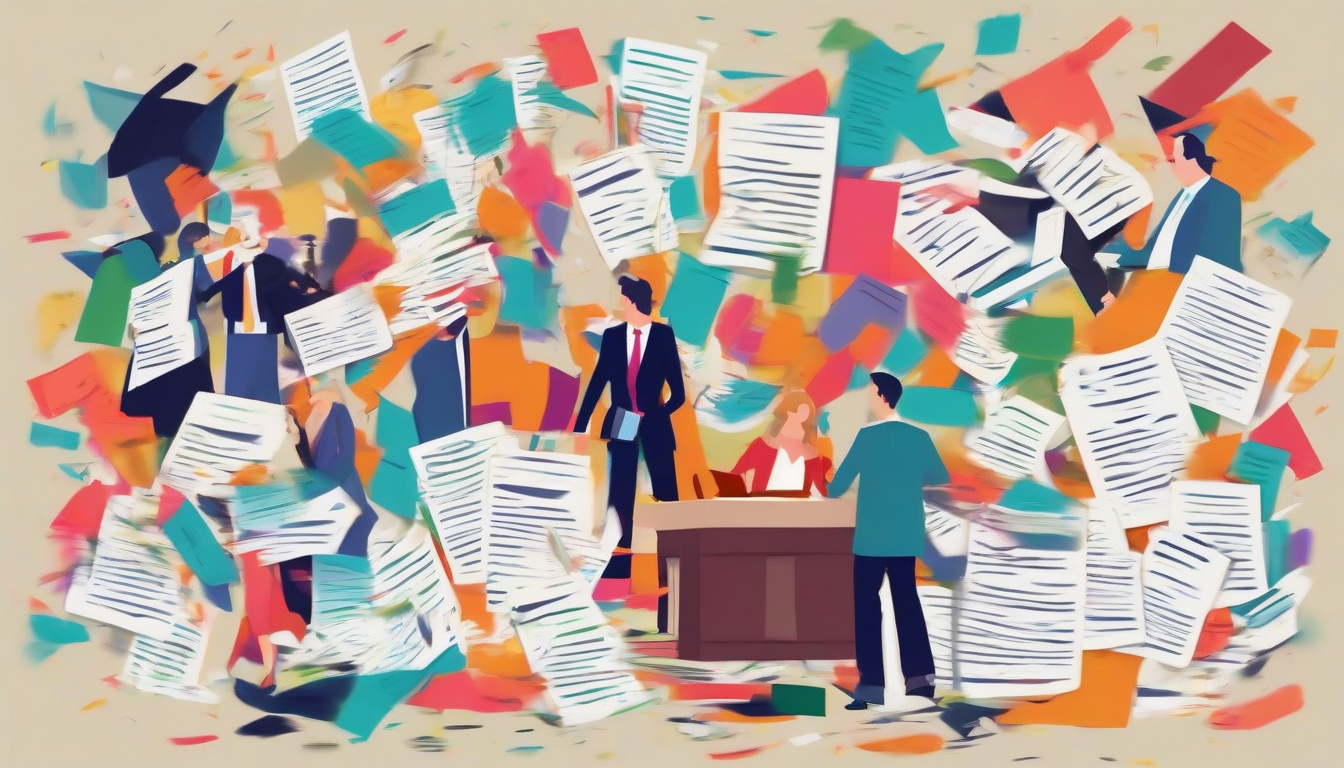When planning an estate, you must know how legal tools work. The power of appointment is one tool that has great impact yet is often missed. A grantor gives a person or entity the power of appointment. This grant lets them choose how property interests are shared. Using the power of appointment adds more control, tax benefits, and flexibility. You then get your assets to go as you plan.
In this article, we explain the power of appointment. We show how it works in estate planning, list its types, and share its benefits and practical uses.
What Is the Power of Appointment?
The power of appointment is a right given by one person, the grantor, to another person or group, the appointee. This right lets the appointee decide who gets certain property or interests from a trust, will, or another legal plan. Here, the appointee guides who receives assets, whether during the grantor’s life or after death.
The grantor can choose a family member, trustee, or trusted advisor. This choice makes the estate plan flexible when life changes.
Types of Power of Appointment
There are two main types of this power. Knowing them helps with smart estate planning:
1. General Power of Appointment
• Definition: Gives the appointee the right to give property to anyone. They may even choose themselves, their creditors, or include it in their estate.
• Implications: Because the appointee has wide freedom, the asset often becomes part of the appointee’s taxable estate.
• Use Case: Grantors use this when they want a spouse or another trusted person to have full discretion over the assets.
2. Special (or Limited) Power of Appointment
• Definition: Limits the appointee’s choices to a specific group of people. This choice excludes themselves, their creditors, or their estate.
• Implications: Assets with this power usually stay outside the appointee’s taxable estate.
• Use Case: Grantors choose this power to protect assets from creditors or to keep wealth within a family.
How Does the Power of Appointment Work in Estate Planning?
The power of appointment can be part of a will or trust. For example, a trust may give a surviving spouse the power over trust assets. This option lets them change who benefits if conditions shift. In another case, the power may be limited to family members. This ensures that wealth stays in the family.

This structure can:
• Adapt if beneficiary needs change.
• Create strategies that lower taxes.
• Protect assets from creditors and legal claims.
• Fit complex family cases where many people have interests.
Advantages of Using the Power of Appointment
Adding the power of appointment to your estate plan gives you many benefits:
• Flexibility in how assets are given out.
• Opportunities to lower estate tax by using a limited power.
• Safeguards assets from creditor claims.
• Allows the grantor to keep some control.
• Fits personal needs like blended families or special beneficiary needs.
Practical Steps to Unlock the Power of Appointment in Your Estate Plan
If you want to use the power of appointment well, follow these steps:
-
Evaluate Your Estate Planning Goals
Look at what you need most: flexibility, tax savings, or protection. -
Select the Right Appointee
Choose someone you trust who understands your plans. -
Determine the Type of Power
Pick between general or special power to match your goals. -
Incorporate the Power into Legal Documents
Work with an attorney to add this right clearly in your will or trust. -
Communicate Your Intentions
Discuss your plan with the appointee and beneficiaries to avoid confusion. -
Review and Update Regularly
Change the plan if your life circumstances shift.
Common Scenarios Where Power of Appointment Is Useful
• Blended Families: A surviving spouse may use the power to choose among descendants or stepchildren.
• Tax Planning: The power helps shift assets into or out of the taxable estate.
• Charitable Intentions: The appointee can direct part of the assets to charity.
• Special Needs Planning: Limits are set so that beneficiaries with special needs are well protected.
FAQ About Power of Appointment in Estate Planning
Q1: What is the difference between general and special power of appointment?
A general power lets the appointee give assets to nearly anyone, including themselves. A special power restricts choices to a set group and excludes self, creditors, or the estate.
Q2: Can the power of appointment affect taxes?
Yes. A general power usually makes the assets count in the appointee’s taxable estate. A special power may keep those assets outside the estate for tax purposes.
Q3: Is the power of appointment revocable?
It can be either revocable or irrevocable. This depends on how it is written in the trust or will. Always check with a lawyer to match your wishes.
Final Thoughts: Harness the Power of Appointment for Estate Planning Success
The power of appointment gives you strong tools in managing your estate. It helps you protect loved ones, save on taxes, and adjust as life changes. If you need the right plan for your situation, consider speaking with an estate planning attorney.
Use this tool carefully to secure your legacy and reach your estate planning goals.
For more insights on the power of appointment and smart estate planning, check resources from the American Bar Association. These experts can guide you to make informed and clear choices.
Author: Doyle Weaver, Attorney at Law
Home | Estate Planning | Personal Injury | Hill Country Lawyer | Terms of Service | Privacy Policy
© 2025 Digital Law Firm, P.C.
Disclaimer: The content provided in this blog is for educational and informational purposes only. It is not intended to constitute legal advice or establish an attorney-client relationship. The information presented does not address individual circumstances and should not be relied upon as a substitute for professional legal counsel. Always consult a qualified attorney for advice regarding your specific legal situation. The author and publisher are not liable for any actions taken based on the content of this blog.


















